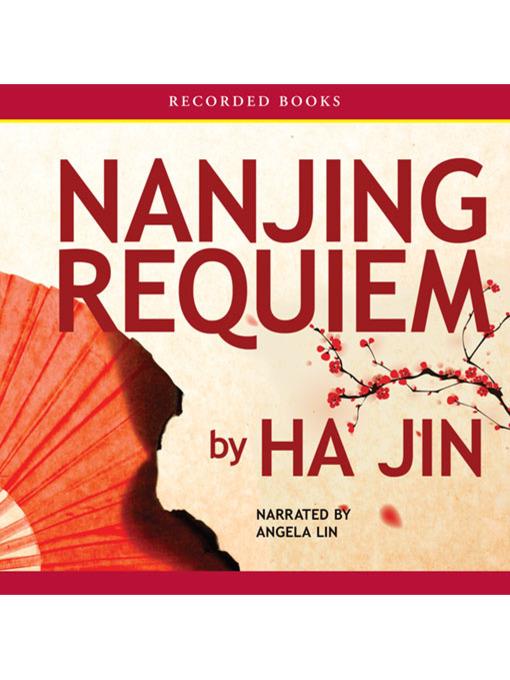
Nanjing Requiem
فرمت کتاب
audiobook
تاریخ انتشار
2011
نویسنده
Angela Linناشر
Recorded Books, Inc.شابک
9781461847076
کتاب های مرتبط
- اطلاعات
- نقد و بررسی
- دیدگاه کاربران
نقد و بررسی

Angela Lin's coolly objective narration works well for Ha Jin's novel, based on the horrific events of "the rape of Nanking." In 1937, the Japanese occupying army unleashed a bloodbath of butchery, rape, and torture in the Chinese city. Anling Gao, assistant to Minnie Vautrin, American missionary and women's college dean, provides the Chinese perspective through her first-person point of view. Jin provides an abundance of appalling details based on recorded sources, including the published journals of Vautrin, who opened the college to over 10,000 women and children to provide a safe haven from the Japanese brutality. Lin's characterizations are frequently overly theatrical; however, her deep voice and no-nonsense narrative style are strong. Jin's chronicle of atrocities is sparingly written, yet painful and potent, making it seem more fact than fiction. S.J.H. (c) AudioFile 2012, Portland, Maine

June 20, 2011
For his sixth novel, Jin (Waiting) focuses on the atrocities committed by the Japanese occupiers in 1937 Nanjing. Jin describes horrible acts in a style bordering on reportage, lending bitter realism to his chronicle of violence and privation. While much will be familiar to readers of Iris Chang's The Rape of Nanjing, Jin anchors his tale on two characters: the middle-aged narrator, Anling Gao, and real-life American missionary Minnie Vautrin, dean of Jinling Women's College. Anling assists Minnie, and through her eyes we follow the missionary's heroic decision to open the college to homeless refugees, creating a safety zone that the Japanese can't penetrate. Jin wants to celebrate this "Goddess of Mercy" who sheltered more than 10,000 women and children, endured near daily menace from the Japanese, and literally worked herself to death. Anling too makes a heartbreaking sacrifice, although her torment is secret, since she cannot acknowledge her son's Japanese wife nor the child they bear. Jin's dialogue includes some unfortunate anachronisms ("cut to the chase"; "pain in the ass"), contemporary phrases that wouldn't have been part of a pious Chinese or American woman's vocabulary in the 1930s. Despite these minor lapses, Jin paints a convincing, harrowing portrait of heroism in the face of brutality.

























دیدگاه کاربران